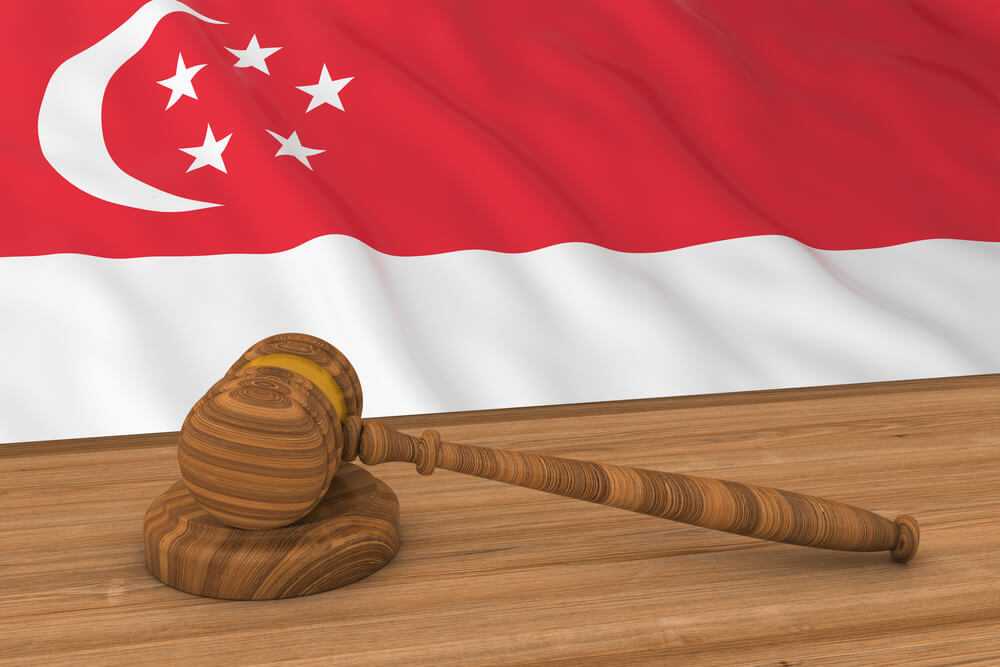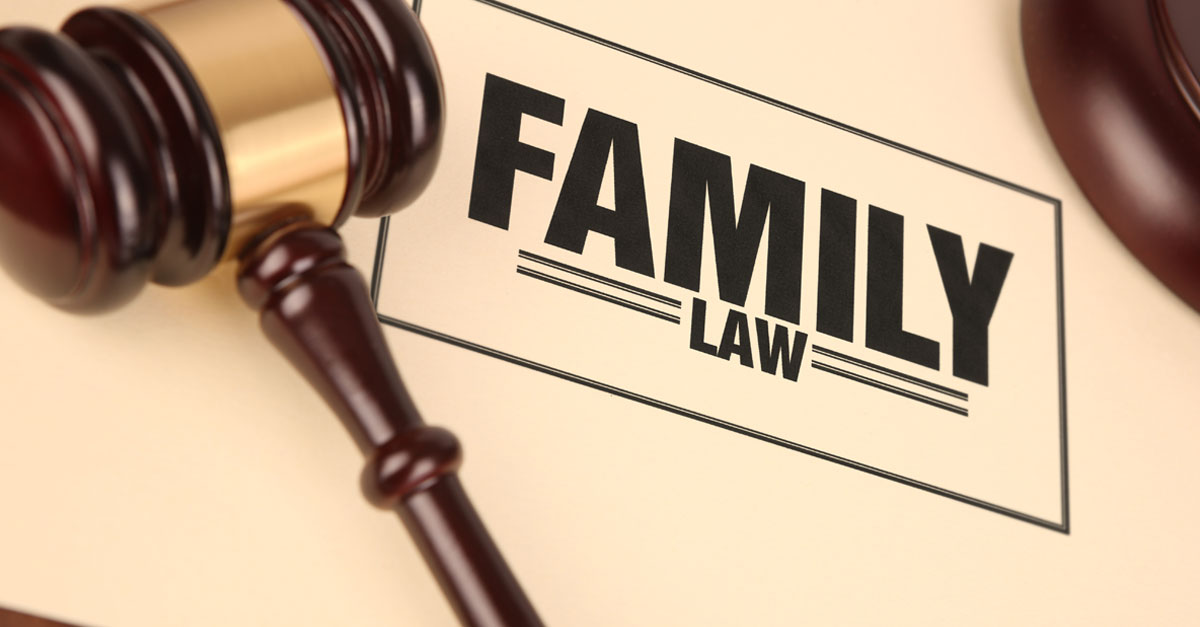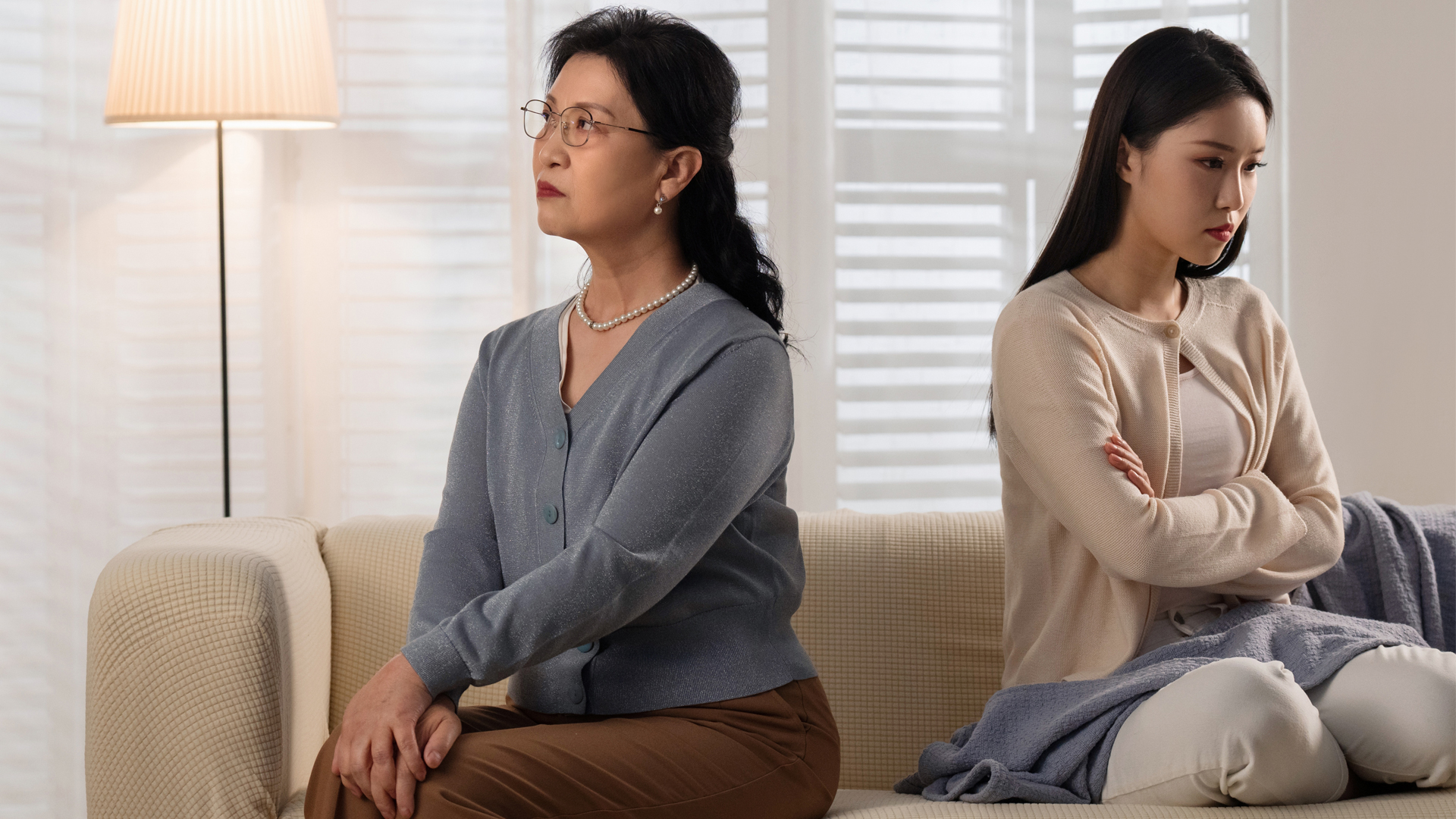In Singapore’s criminal justice system, there is no formal codified plea-bargaining process, but it is a common practice that plays a significant role in resolving criminal cases efficiently. Through negotiations, the Prosecution and Defence can try to arrive at a fair outcome without a full trial. This blog explores the practical workings of plea bargaining from a defence counsel’s perspective, highlighting key stages and recent developments.
What Is Plea Bargaining?
Plea bargaining in Singapore is an informal negotiation process between Defence Counsel and the Prosecution. In Singapore this generally means the accused agrees to plead guilty to fewer or lesser charges, saving time and risk of a trial. As the Attorney-General’s Chambers (AGC) explains, “if an accused pleads guilty instead of going to trial, the prosecutor “may… charge the accused under a less serious charge, or reduce the number of charges”.
It should be noted that while the Criminal Procedure Code does allow the prosecution to withdraw or amend charges (with the court’s consent), but it does not explicitly create “plea bargains” as a formal right. Plea discussions are governed by prosecutorial discretion and professional guidelines.
In other cases, a stern or conditional warning may be issued in lieu of prosecution.
When Does the Process Begin?
The process typically starts after the accused is formally charged in court. Defence Counsels will often request an adjournment to gather instructions and prepare written Letter of Representations to the AGC. However, it should be noted that Letter of Representations can also be sent prior to being charged in Court.
Alternatively, at a Mention, the Prosecution may indicate that they are ready to proceed with the case, and set out an “offer”, which would usually involve proceeding with some charges while standing down some charges to be taken into consideration for sentencing.
At that time, Defence Counsel can:
- Indicate that the accused accept the offer, and for the matter to be fixed for a Plead Guilty Mention;
- Request an adjournment to further discuss the matter with the accused;
- Indicate that they wish to send Letter of Representations to urge the Prosecution to explore alternative courses of action; or
- Indicate that they wish to have a Criminal Case Management System (CCMS) conference with the Prosecution to discuss the matter.
In certain cases, the Court may fix the matter for a Pre-Trial Conference (PTC) instead of a further mention in order to move the matter along.
The Role of CCMS
The CCMS is a confidential (“without prejudice”) meeting between the Prosecution and Defence Counsel to discuss the case facts and possible plea outcomes. During the CCMS, Defence Counsel can make oral representations, clarify legal and evidentiary positions, and assess whether it will be advisable for the accused to proceed with trial. Depending on the outcome, the Defence Counsel may:- Proceed with trial preparations,
- Submit further representations, or
- Fix a date to plead guilty.
At the next PTC or Mention, the Court will be updated on the outcome and how the accused intends to proceed.
Pleading Guilty (PG) Procedure
If the accused opts to plead guilty:
- The Court will fix a date for the Plead Guilty Mention.
- The prosecution will prepare the Statement of Facts and an Address on Sentence.
- Defence Counsel will file written Mitigation Plea.
Conclusion: Why Plea-Bargaining Matters
Plea bargaining can assist the accused in achieving a favourable resolution and bringing the criminal proceedings to a swifter conclusion while sparing the stress and uncertainty of a trial. However, it requires careful strategy, sound legal judgment, and skilled negotiation, and there is no guaranteed outcome.














